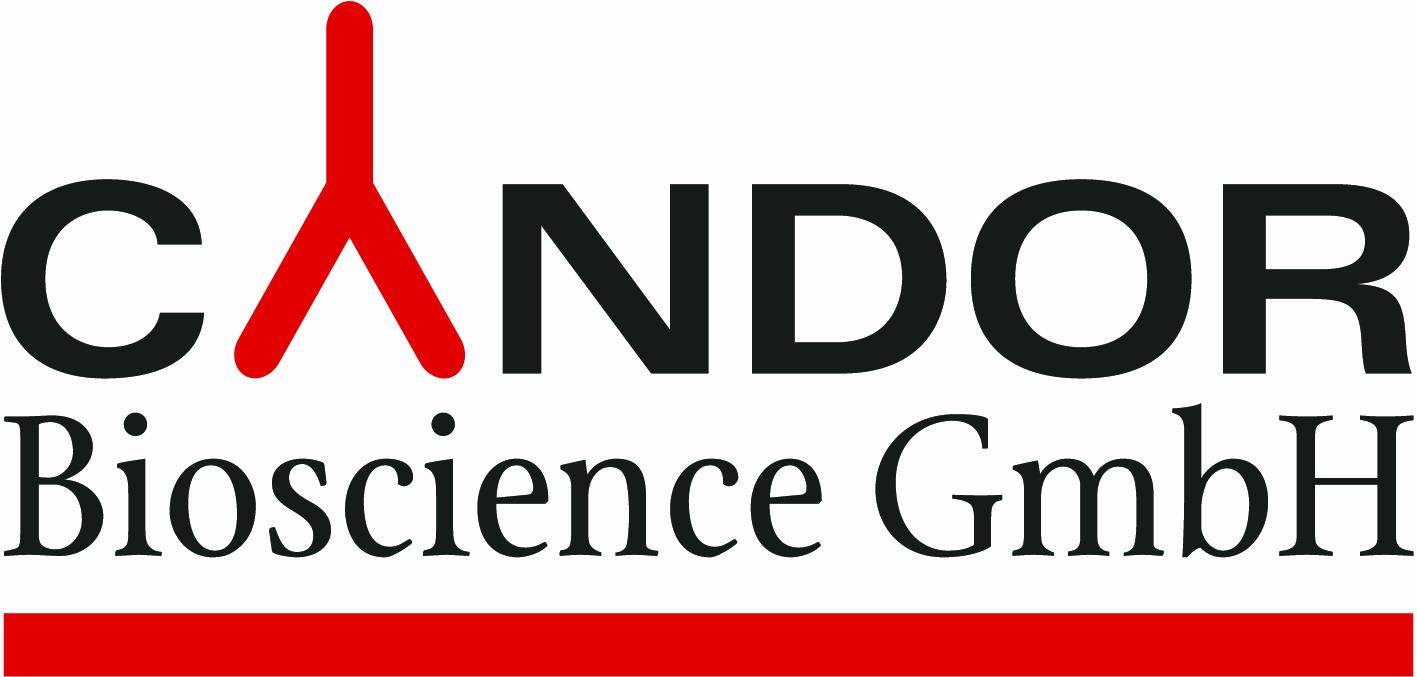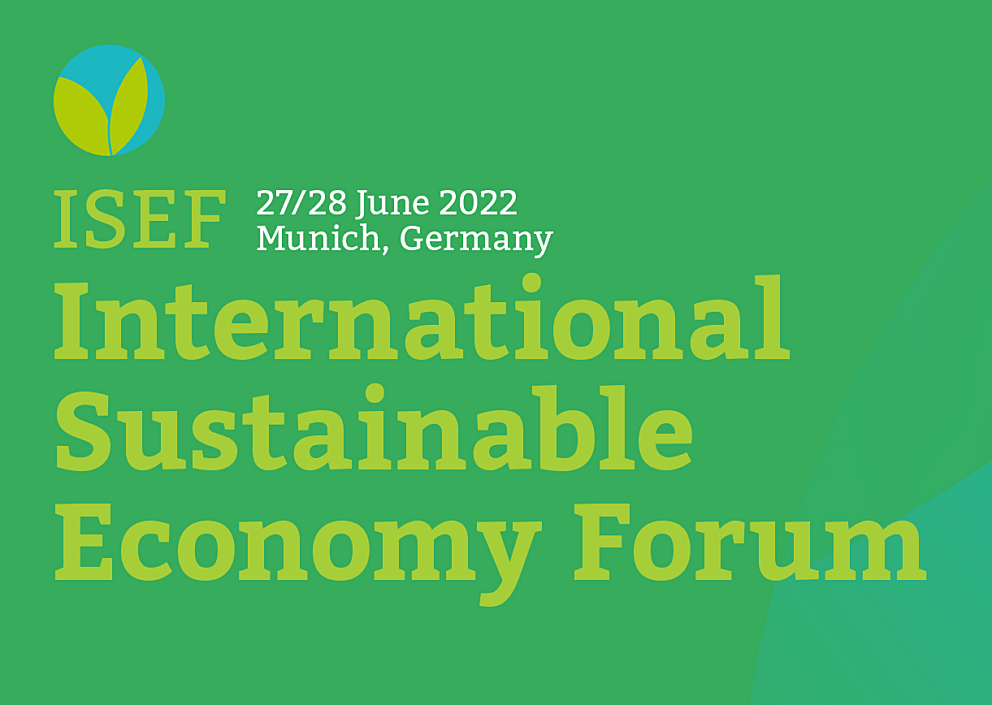Proteins and peptides for industry
Proteins, as biobased and environmentally friendly products, are used in many industries, e.g., in food and beverage industry, in cosmetics and detergents, in the chemicals industry and many more. The range of potential markets is huge, however, the tailored production of proteins for industrial purposes has its technical challenges. To manage these challenges, we combine technologies and expertise from diverse disciplines, such as molecular biology, protein-engineering and synthetic biology.

Proteins, Peptides & Enzymes
Proteins are ubiquitous biological macromolecules that are made of long, linked chains of amino acids which are linked by peptide bonds. Short amino acid chains are called peptides. Proteins serve all living organisms as tools and materials for executing different tasks. Some proteins, called enzymes, catalyze chemical reactions by lowering their activation energy. In contrast to chemical catalysis, some enzymes are stereo-specific and, hence, allow the evolution of only one stereoisomeric bond out of two or more possible bonds. From this reaction, only one possible product configuration is established, which is entirely biodegradable, and which does not produce byproducts. Through this process, less resources are required for the purification of the products and disposal of enzymes, leading to a decreased environmental impact. Not only is the environmental impact lowered, but bioconversion is often more efficient and more cost-effective, compared to chemical procedures. In addition, a great number of enzymes is already bed down in industrial applications.
Networks
-
Advanced Proteins
We can find proteins anywhere in nature in abundance. This class of molecules has many different functions, for instance as catalysts,…
-
Technofunctional Proteins — TeFuProt
The TeFuProt project partners intend to isolate proteins from agricultural residual plant materials, especially from canola oil production.…
News
-
Long-standing problem solved: Researchers discover that misfolding prevents efficient utilisation of so-called split inteins as ‘protein glue’
-
KIT Spin-off ICODOS and Partners Launch “Mannheim 001,” the First Facility for Carbon-neutral E‑methanol Production in Sewage Plants
-
Free State of Thuringia is funding a new research group at Leibniz-HKI to investigate the moss microbiome
-
Munich-based Protevo Bio, a newly formed consortium of investors and entrepreneurs, acquired key assets from the insolvent mk2 Biotechnologies, which enable large-scale and cost-effective production…
-
With artificial photosynthesis, mankind could utilise solar energy to bind carbon dioxide and produce hydrogen. Würzburg chemists have taken this one step further.
-
Proteins play a key role in the life sciences — from basic research and biotechnological applications to the development and manufacturing of pharmaceuticals.
Events
-
27. — 28 June 2022 | Munich
-
18. ‑19 May 2022 | Deutsche Akademie der Naturforscher Leopoldina Halle (Saale)
-
22th — 23th February 2023 I Düsseldorf












